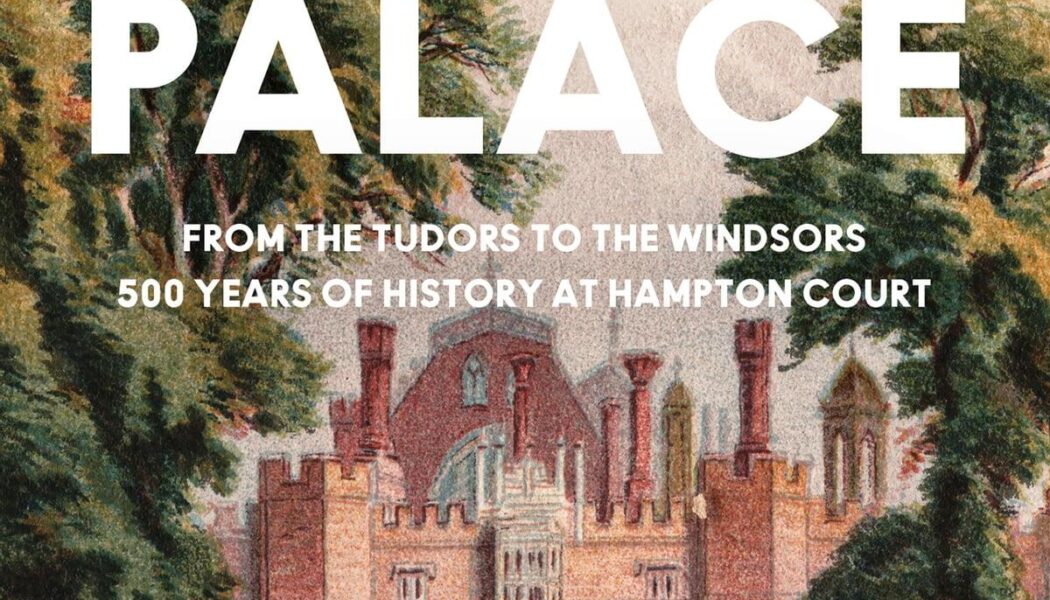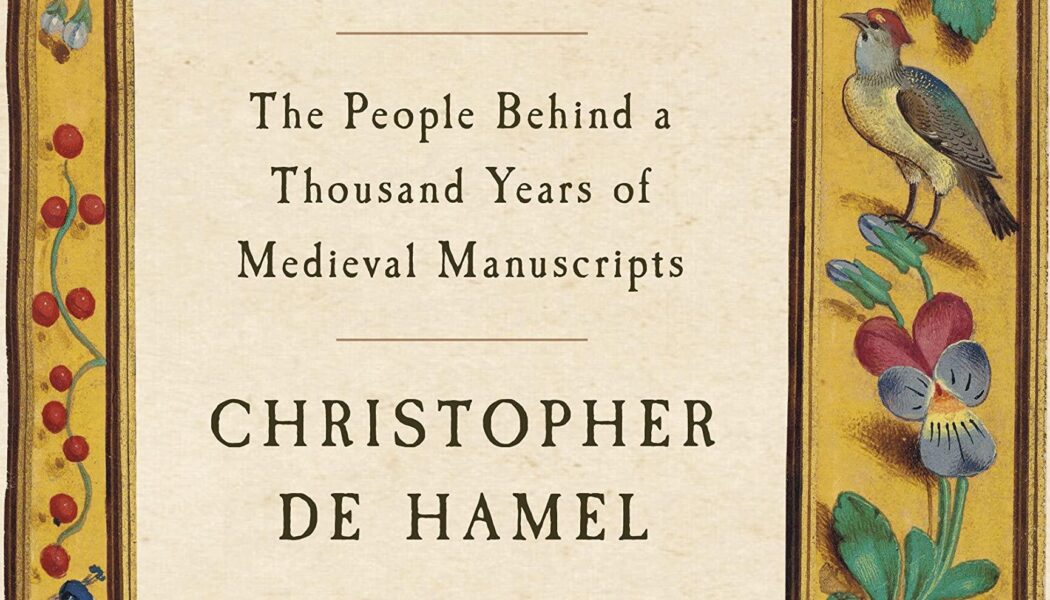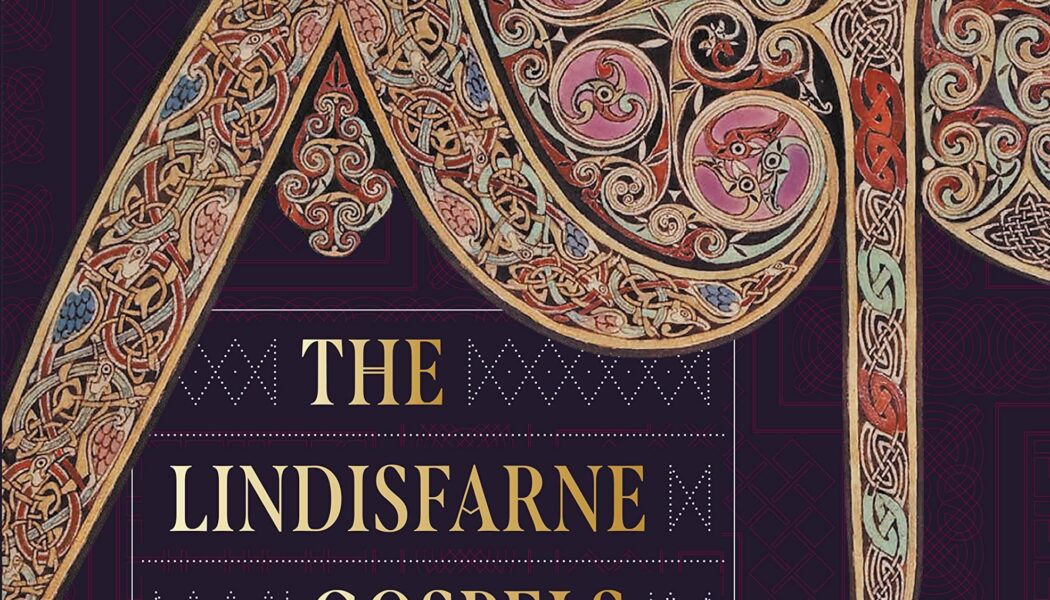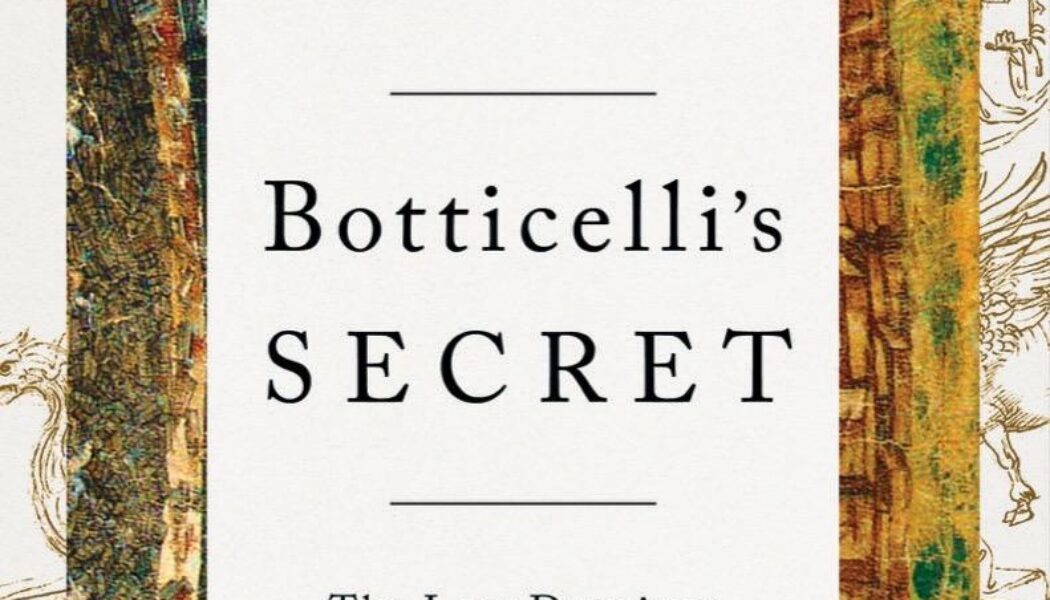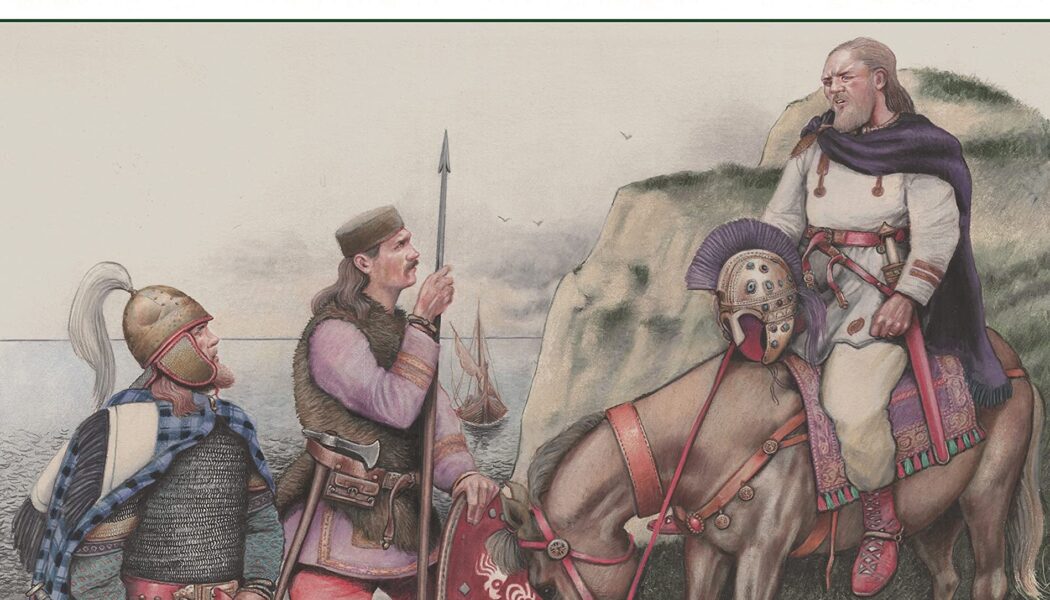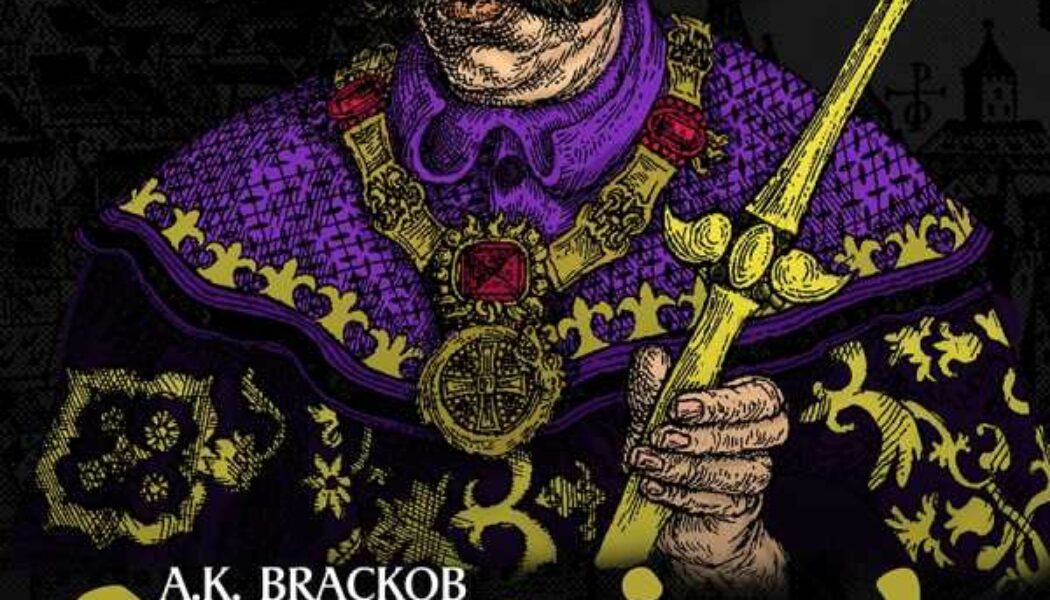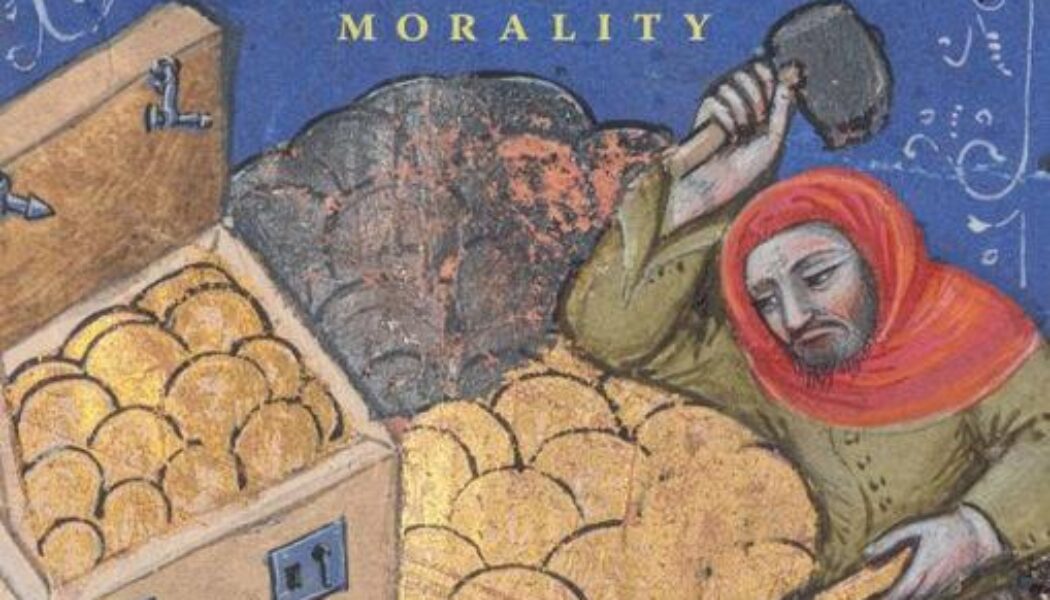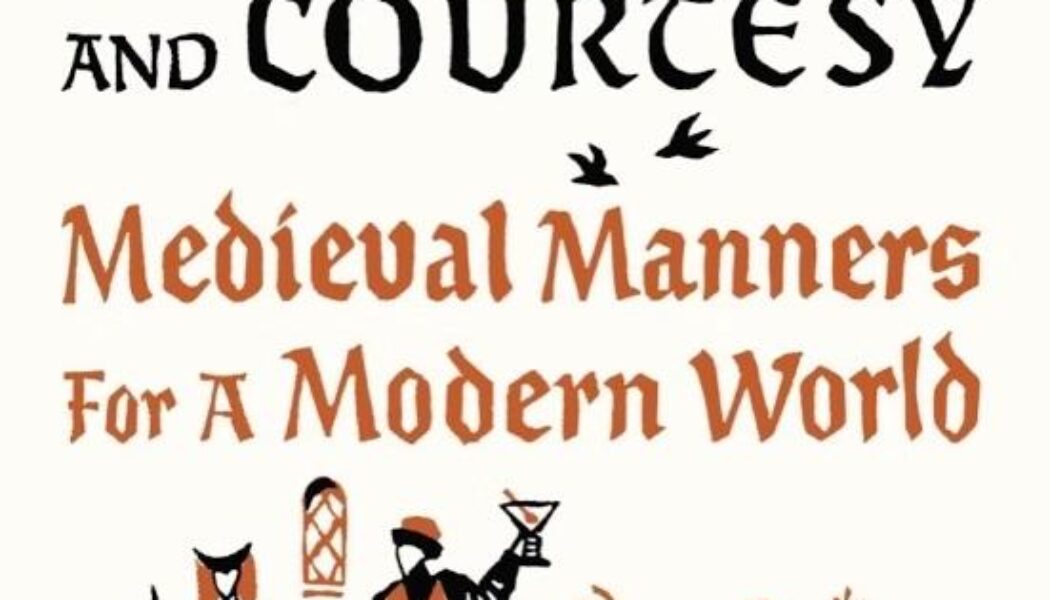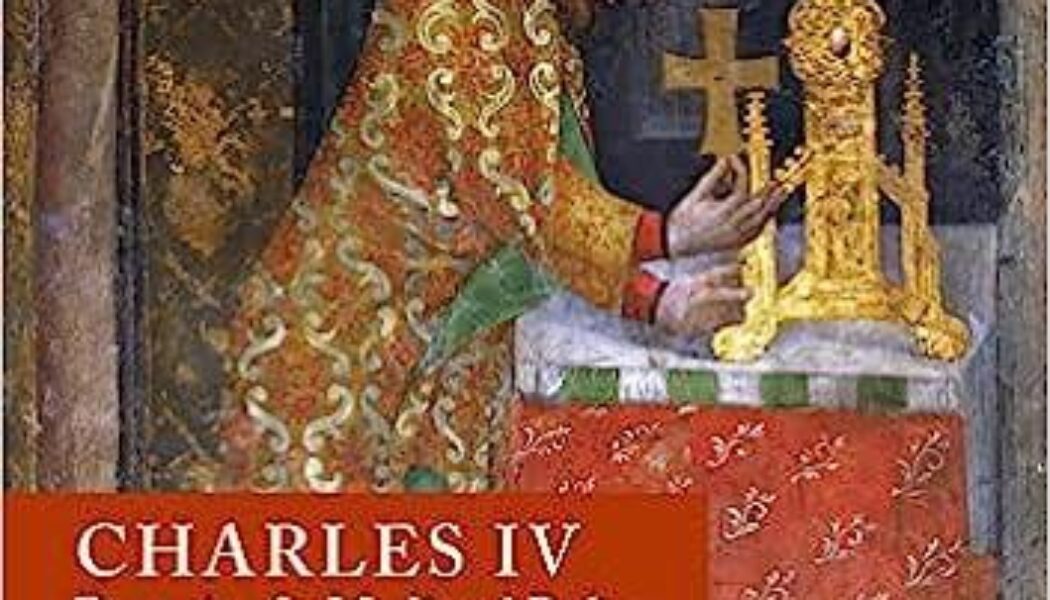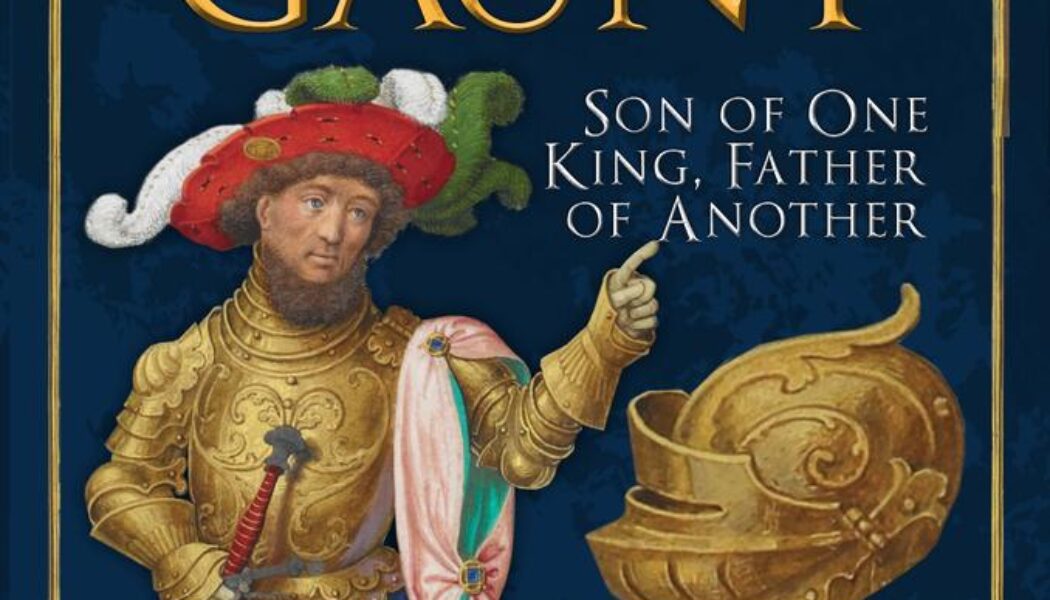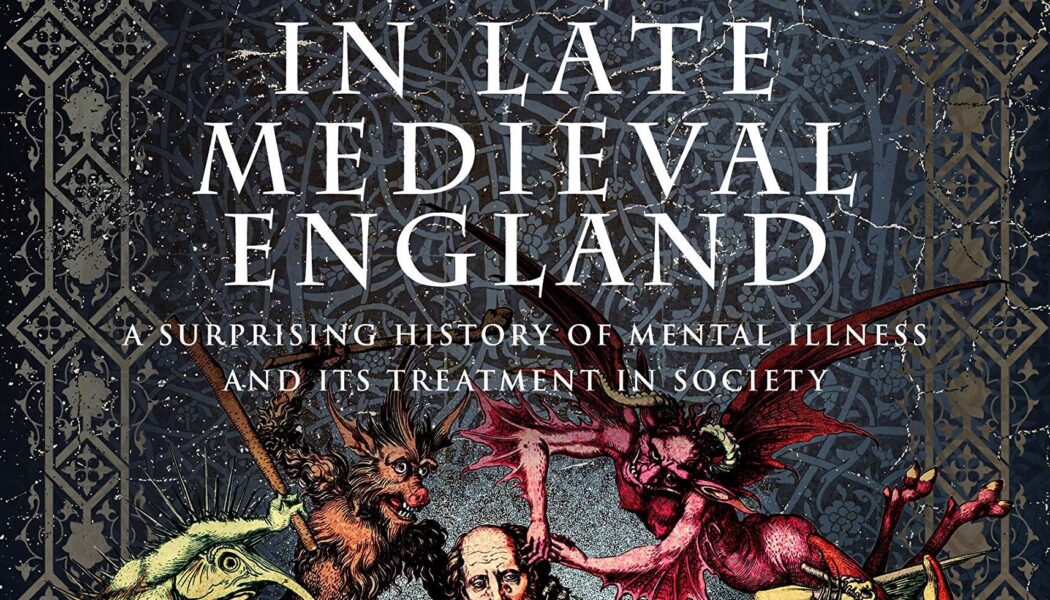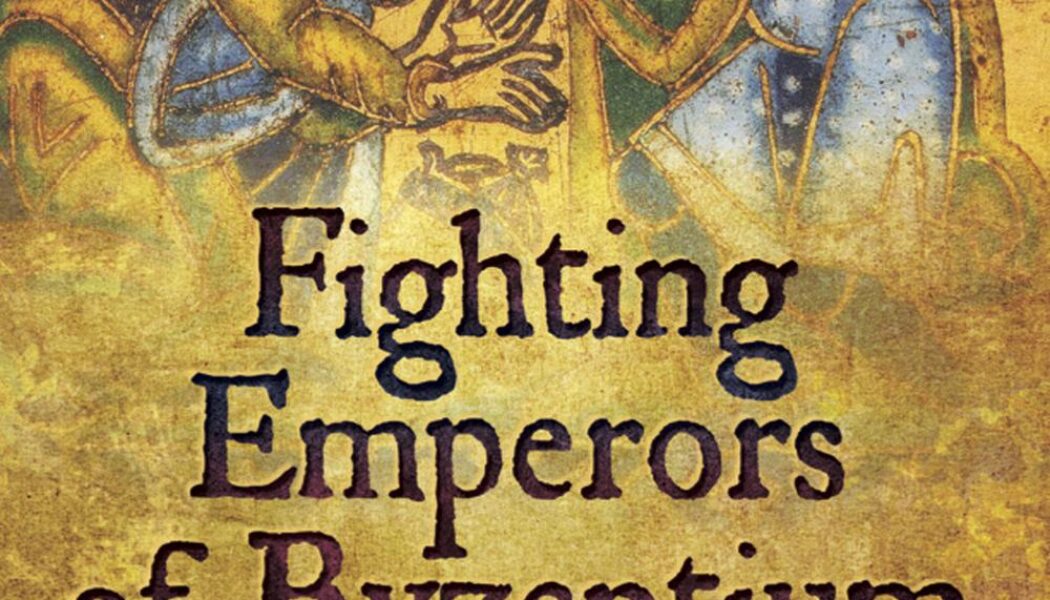Read
The Palace: From the Tudors to the Windsors, 500 Years of British History at Hampton Court
Accessible, engaging, and unputdownable, The Palace takes us into every room in the castle, revealing the ups and downs of royal history and illustrating what was at play politically, socially, and economically at the time.
The Manuscripts Club: The People Behind a Thousand Years of Medieval Manuscripts
The illuminated manuscripts of the Middle Ages are among the greatest works of European art and literature. We are dazzled by them and recognize their crucial role in the transmission of knowledge. However, we generally think much less about the countless men and women who made, collected and preserved them through the centuries, and to whom they owe their existence.
The Lindisfarne Gospels: Art, History & Inspiration
This brand-new, accessible volume explores the latest research and thinking on the Lindisfarne Gospels and is published as the manuscript goes on loan to the Laing Art Gallery in Newcastle for an exhibition exploring its meaning in today’s world.
Botticelli’s Secret: The Lost Drawings and the Rediscovery of the Renaissance
Some five hundred years ago, Sandro Botticelli, a painter of humble origin, created works of unearthly beauty. A star of Florence’s art world, he was commissioned by a member of the city’s powerful Medici family to execute a near-impossible project: to illustrate all one hundred cantos of The Divine Comedy by Dante Alighieri, the ultimate visual homage to that “divine” poet.
Anglo-Saxon Kings and Warlords AD 400–1070
Richly illustrated, this title describes Anglo-Saxon monarchs, warlords and their warriors and households in Anglo-Saxon Britain, from the first post-Roman mercenaries to the Norman Conquest.
Dracul: Of the Father – The Untold Story of Vlad Dracul
Several books have been devoted to the study of his famous son, Vlad the Impaler, but any search for the historical Dracula must begin with the story of the father. Now, for the first time, based on extensive documentary research, the true story of the man who founded the Dracula dynasty is revealed.
Medieval Money, Merchants, and Morality
This volume explores how art reflected and reinforced the complex ethical discussions that developed from the widespread role of money in everyday life in the Middle Ages.
Chivalry and Courtesy: Medieval Manners for Modern Life
A surprising look at how medieval etiquette can improve our lives today. Illustrated with original drawings by Anna Lobanova as well as eighty medieval artworks, Chivalry and Courtesy is full of good advice for everyone, whether you are a peasant or a knight, a student or a CEO, a king or a queen.
Charles IV: Portrait of a Medieval Ruler
A critical examination of the life and legacy of Charles IV.
John of Gaunt: Son of One King, Father of Another
Via his three marriages, he was the ancestor of numerous royal and noble families across Europe - this is the first biography of this most intriguing of men to appear for decades, and the first to tell his personal story.
Mental Health in Late Medieval England: A Surprising History of Mental Illness and Its Treatment in Society
Examining mental health and mental illnesses in late medieval English society by looking at how mental health was understood in that society by examining both medical texts written at that time as well as sources commenting on specific cases. By doing so, it shines a light on what superstitions and myths existed about mental health.
Fighting Emperors of Byzantium
The Eastern Roman or 'Byzantine' Empire had to fight for survival throughout its long history so military ability was a prime requisite for a successful Emperor. John Carr concentrates on the personal and military histories of the more capable war fighters to occupy the imperial throne at Constantinople.

